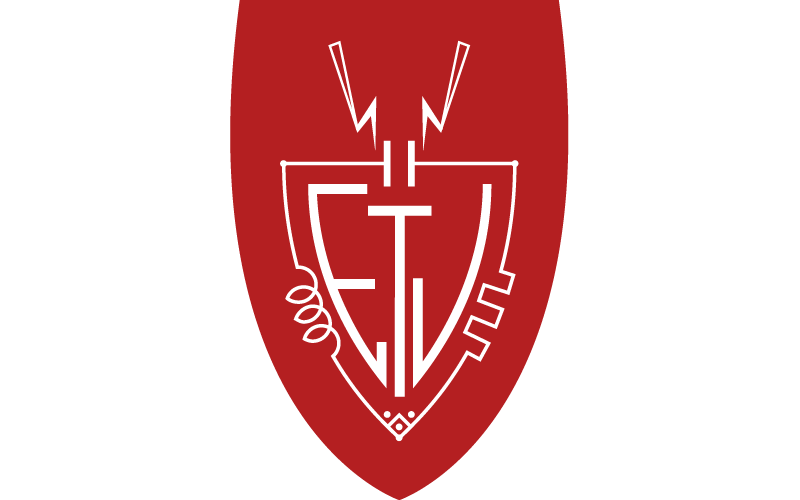About the programme
Field of study
Electrical Engineering focuses on the theory and application of electrical energy and information. It is a broad and diverse field, with everything from solar cells to computer chips and medical implants. Electrical Engineering can be divided into sub disciplines, such as Energy Supply, Microelectronics, Telecommunications, Instrumentation and Signals and Systems.
-
Energy supply focuses on the generation, conversion and distribution of electrical energy. This discipline is the core of our electricity supply, while it simultaneously deals with the development of more efficient solar panels and quick chargers for electric cars. In addition, the discipline includes so-called ‘smart grids’, which smartly connect renewable energy sources to electricity consumers.
-
Instrumentation connects the physical world around us with a world of electrical signals. The discipline includes both the measurement of electrical and non-electrical signals and the design of sensors, such as a digital camera or touchscreen of a smartphone or connecting electronics to the human body. The use of electromagnetic waves for remote measuring of things as meteorological phenomena is also part of this discipline.
-
Microelectronics focuses on the analysis, design and manufacture of miniaturised electronic circuits: chips. Throughout the decades, this discipline has succeeded in doubling the number of transistors combined on a chip, every two years (the so-called Moore’s Law). Microelectronics is therefore the driving force behind computers, smartphones and new medical implant devices.
-
Signals and Systems focuses on the mathematical aspects of working with signals. A system is defined as a mathematical representation of the connections between various signals. Signals are part of nearly all applications in electrical engineering and in essence they use similar mathematical techniques. This is why signals and systems together form an independent discipline. You may end up working on transmitting voice signals or something completely different like the imaging of foetuses in the womb.
-
Telecommunications focuses on transmitting information with a cable, with fibre optics or wireless. This discipline is all about the underlying physics, such as the electromagnetic waves on which radio communication operates. But it also includes the signal processing operations that can transmit information. Without telecommunications there would be no television, mobile network or internet.
Curriculum
This Bachelor’s degree is a three-year programme with a mix of teaching methods, such as lectures, instructions, projects and self-study. Classes are taught between 8:45 and 17:30. A lecture consists of two 45 minute blocks, with a 15-minute break in between. The projects will help you to apply your knowledge in a group and experience the practical use of the various subjects and how they interrelate. You will also practise your presentation and reporting skills.
The Electrical Engineering degree programme consists of seven learning lines:
- Mathematics
- Physics
- Circuits
- Signals and Systems
- Digital Systems
- Telecommunications
- Electrical Energy
Mathematics is the tool you will use throughout your career and as such Mathematics is the core of the degree programme. The Physics courses include content on quantum mechanics and electricity and magnetism. You will need this fundamental knowledge to comprehend the operation of electrical and electronic components and systems.
Each semester offers a number of mandatory courses and a project. In the second and third year you can also choose courses on specific content that interests you . And after the first semester of the third year, which is dedicated to a minor from any faculty, and a few some more courses and you will complete the Bachelor’s degree programme with a graduation project.
Binding recommendation
TU Delft employs the BSA system: the binding recommendation on the continuation of studies. This means that you must obtain at least 75 per cent of your credits (i.e. 45 of the 60 ECTS) in your first year in order to continue your programme. If you receive a negative binding recommendation on the continuation of studies, you will not be permitted to enroll in this programme again in the next 4 years.
